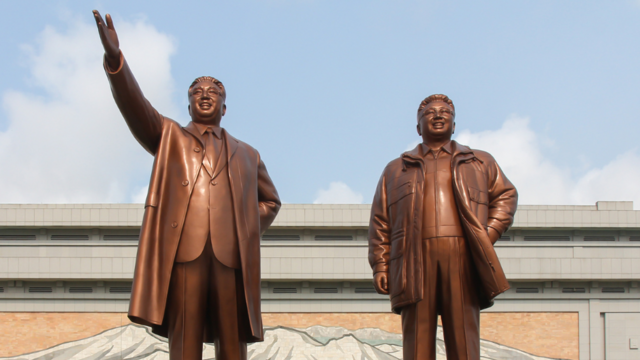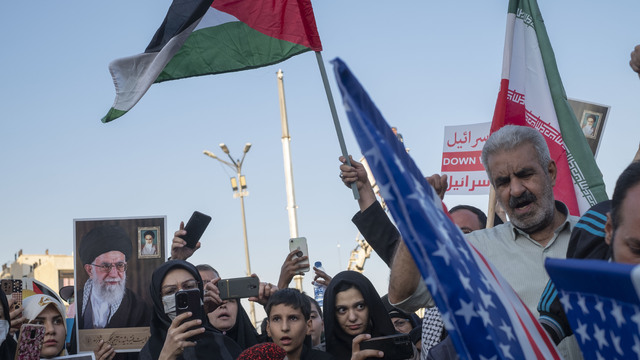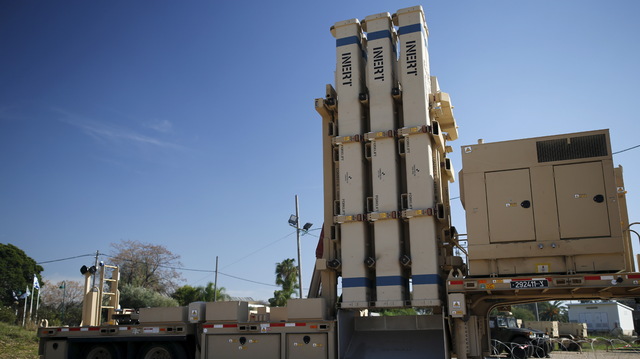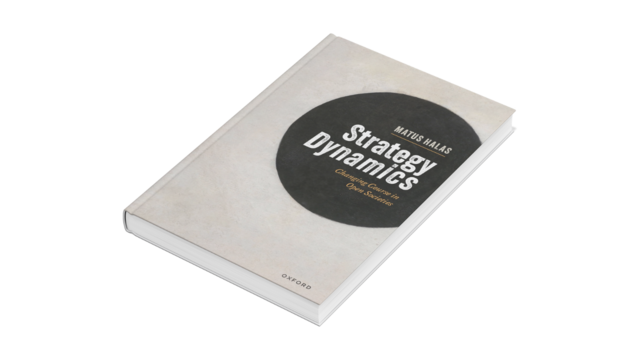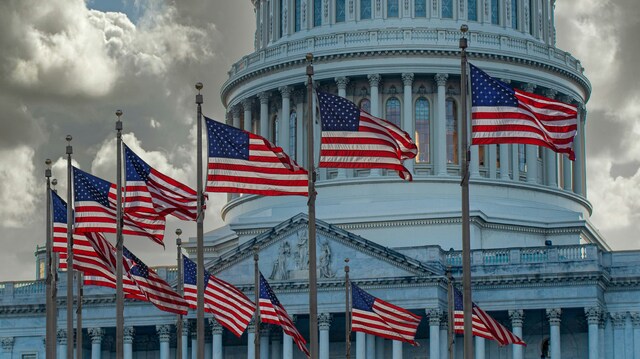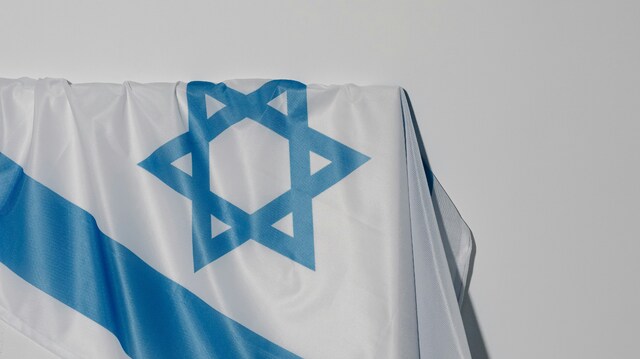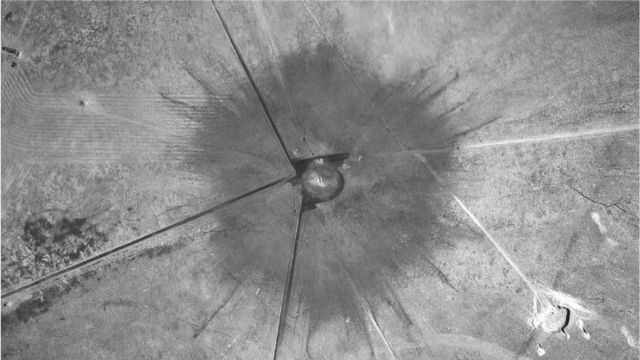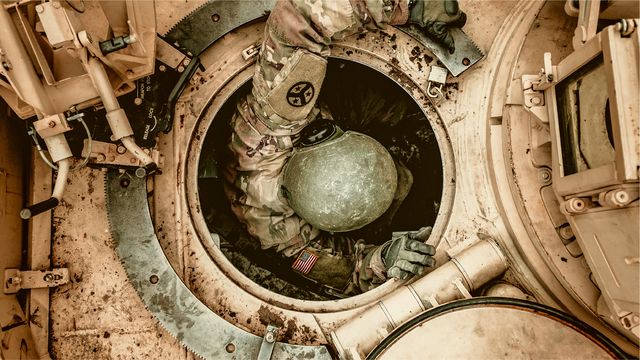Alarming and Stimulating Appeals by Nobel Prize Winners and Nuclear Experts to Reduce the Threat of Nuclear War
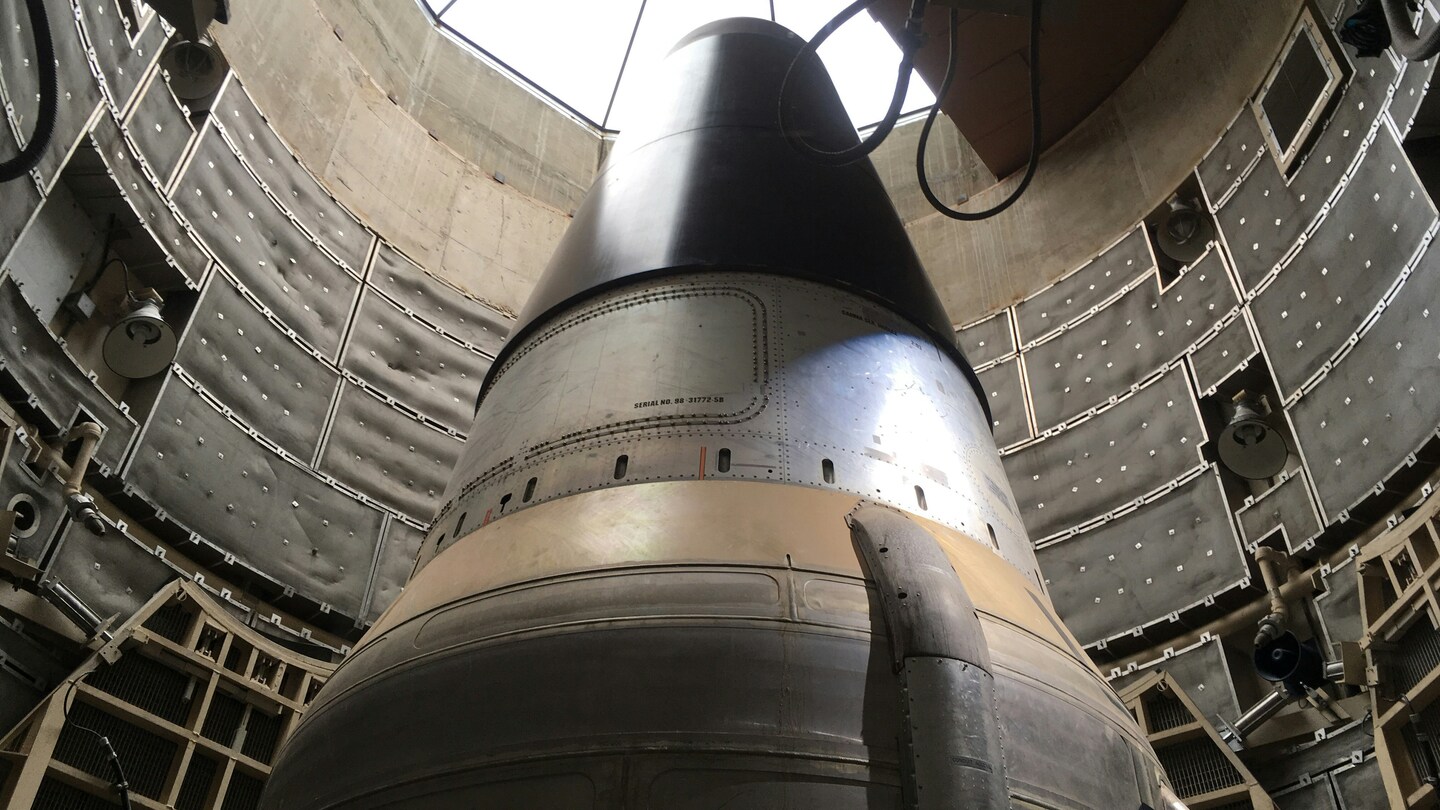
The reflection by Miroslav Tůma offers an overview of the main conclusions and appeals of The Nobel Laureate Assembly for the Prevention of Nuclear War, which took place at the University of Chicago in July 2025. The publication addresses the urgent issue of reducing the threat of nuclear conflict and calls for strengthening international arms control and dialogue among nuclear powers.
What concrete steps could prevent the catastrophe of nuclear war? This question was raised by dozens of Nobel Prize laureates and leading nuclear experts who gathered this July at the University of Chicago on the occasion of the 80th anniversary of the first nuclear test, Trinity. Their discussions resulted in a declaration urging all nuclear and non-nuclear states to adopt specific measures aimed at reducing the risk of nuclear confrontation. These appeals are examined in Miroslav Tůma’s new Reflection.
The reflection summarises the key proposals and appeals that the declaration directs to both the nuclear powers and the wider international community. The authors call primarily on Russia and the United States to promptly begin negotiations on a new agreement to replace the expiring New START Treaty and to maintain the existing limits on strategic nuclear weapons. China is urged to engage openly in strategic dialogue on its rapidly growing nuclear arsenal, whose lack of transparency continues to increase global tensions.
The declaration also calls on all nuclear and non-nuclear states to uphold voluntary moratoria on nuclear testing and to contribute to the swift entry into force of the Comprehensive Nuclear-Test-Ban Treaty (CTBT). Considerable attention is devoted to the risks associated with artificial intelligence in nuclear decision-making, highlighting the need to preserve meaningful human control and accountability. The declaration further warns that nuclear weapons represent an existential threat that could “end civilisation in a single afternoon.” It therefore urges world leaders to act in the spirit of Bertrand Russell and Albert Einstein’s words: “Remember your humanity and forget the rest.”
How can we prevent a renewed nuclear arms race? Can strategic stability among nuclear powers be maintained in an era of rapid technological change? And how can we ensure that the decision to use nuclear weapons is never in the hands of a single person?
You can read the full reflection in the attached document above.
